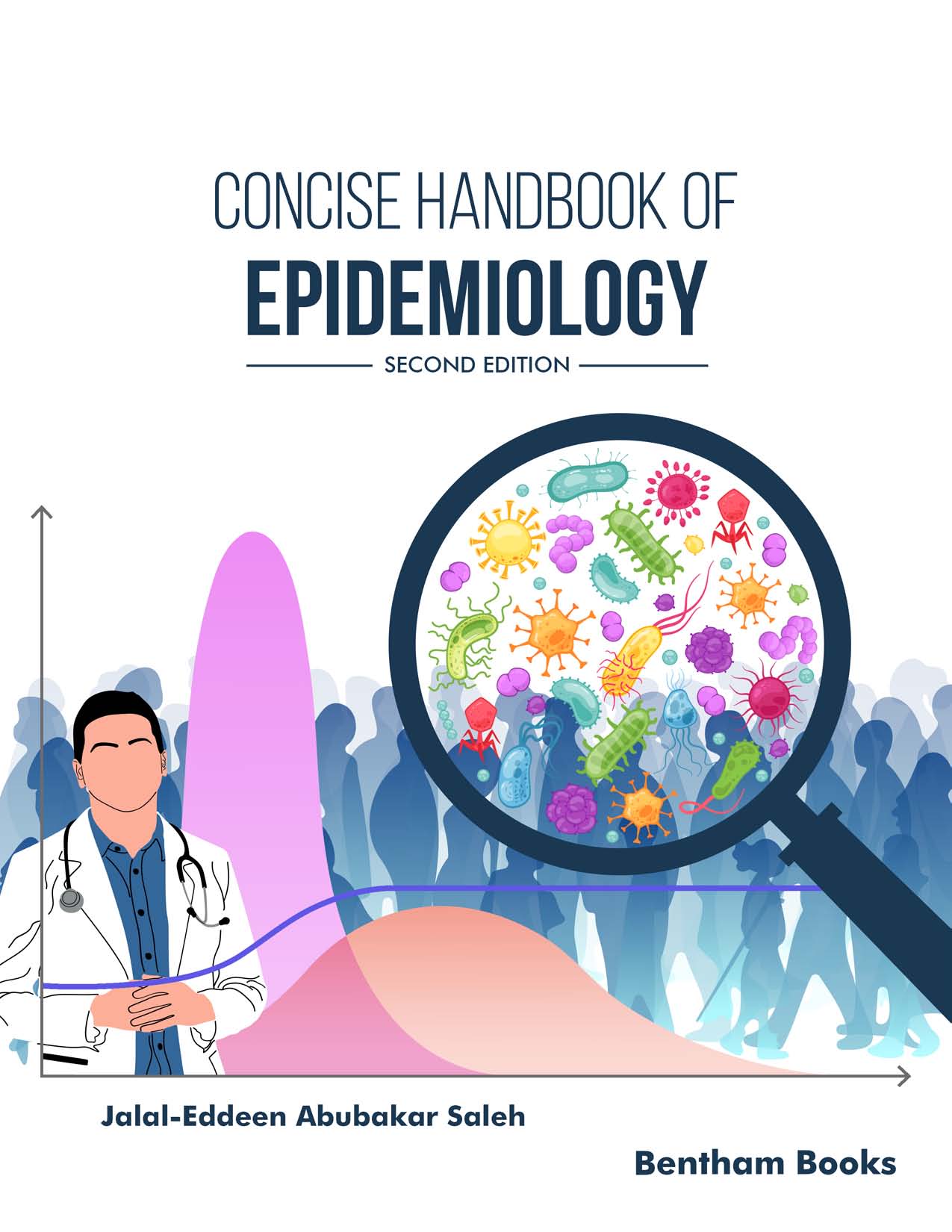In the ever-evolving realm of public health and disease prevention, epidemiology stands as a sentinel, diligently observing, analysing, and deciphering the complex patterns of health and disease. The second edition of the "Concise Handbook of Epidemiology" comes with great pleasure and enthusiasm. Building upon the foundations I laid in the first edition, this updated volume embarks on a comprehensive journey through the multifaceted landscape of epidemiology, providing a concise yet robust guide for novice learners and seasoned practitioners.
Chapter 1: Foundations of Epidemiology In this opening chapter, I delve into the fundamental principles that underpin epidemiology. From understanding the nature of health and disease to exploring the various subfields within epidemiology, we lay the groundwork for a deeper exploration of this dynamic discipline.
Chapter 2: Epidemiological Models and Frameworks Chapter 2 introduces the reader to the epidemiological models and frameworks that are scaffolding for understanding disease transmission and progression. We unravel the intricacies of the epidemiologic triad, the chain of infection, and the natural history of the disease, providing the reader with essential tools to analyse health challenges.
Chapter 3: Epidemiological Research Design Research design is the compass that guides epidemiologists in their quest to uncover patterns and causality. Chapter 3 navigates through different research paradigms, study types, and the practical aspects of conducting epidemiological investigations. Statistical tools essential for data analysis are also explored.
Chapter 4: Disease Surveillance and Outbreak Investigations Disease surveillance is the guardian of public health, and in Chapter 4, I explore the mechanisms that underpin this essential function. Discover how outbreaks are detected, investigated, and controlled through insightful case studies and real-world examples.
Chapter 5: Statistical Methods Statistics is the language of epidemiology, and Chapter 5 equips the reader with the vocabulary and tools to interpret data effectively. From fundamental concepts to statistical inference and mathematical modelling, this chapter empowers readers with the skills needed for rigorous analysis.
Chapter 6: Advanced Epidemiological Methods As epidemiology continues to evolve, Chapter 6 guides readers through advanced statistical techniques and the impact of genomics on epidemiological research. It also addresses emerging challenges and opportunities that shape the future of the discipline.
Chapter 7: Applications and Case Studies Epidemiological knowledge comes to life through its application. Chapter 7 immerses readers in the practical aspects of epidemiological practice, from influencing health policy to real-life case studies that illustrate the principles in action. Exercises and questions challenge the reader's understanding.
Chapter 8: Future Directions and Challenges In Chapter 8, I peer into the future of epidemiology. Explore innovations in methods, grapple with ethical considerations, and join in shaping the trajectory of this ever-evolving field.
Chapter 9: Epidemiology in Local Context No two regions are the same, and Chapter 9 emphasises the importance of adapting epidemiological methods to local contexts. Learn how community engagement and case studies in local epidemiology can enhance the relevance and impact of the reader's work.
This handbook is not merely a compilation of facts and figures but an invitation to embark on a journey of discovery and empowerment. Whether the reader is a student, researcher, healthcare practitioner, or policymaker, the "Concise Handbook of Epidemiology" offers a valuable resource to enhance his understanding of the field. I encourage readers to engage with its contents, apply its principles, and contribute to advancing public health worldwide.
As readers turn the pages of this book, it is hoped that the knowledge within ignites their curiosity, inspires their passion for epidemiology, and equips them to make meaningful contributions to the health and well-being of our global community.
Thanks for embarking on this epidemiological journey with this revised edition. I hope this handbook serves as a valuable resource as readers navigate the dynamic and vital field of epidemiology. Together, we can address today's health challenges and shape a healthier future for all.
Disclaimer:
The views expressed in this book are mine and do not reflect the official position or policies of the WHO. Similarly, the content of this book ensured objectivity, avoided being impartial, and was not influenced by my affiliation with the WHO.
Jalal-Eddeen Abubakar Saleh
Field Presence Cluster
World Health Organization, Nigeria

